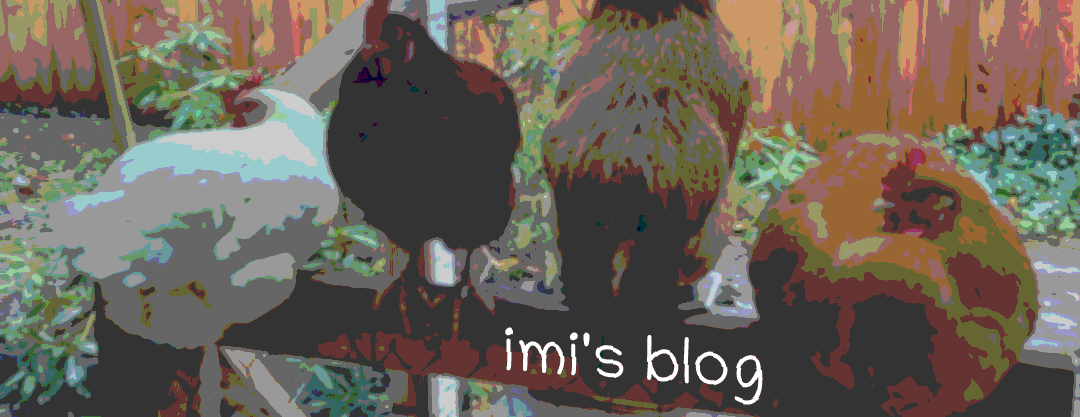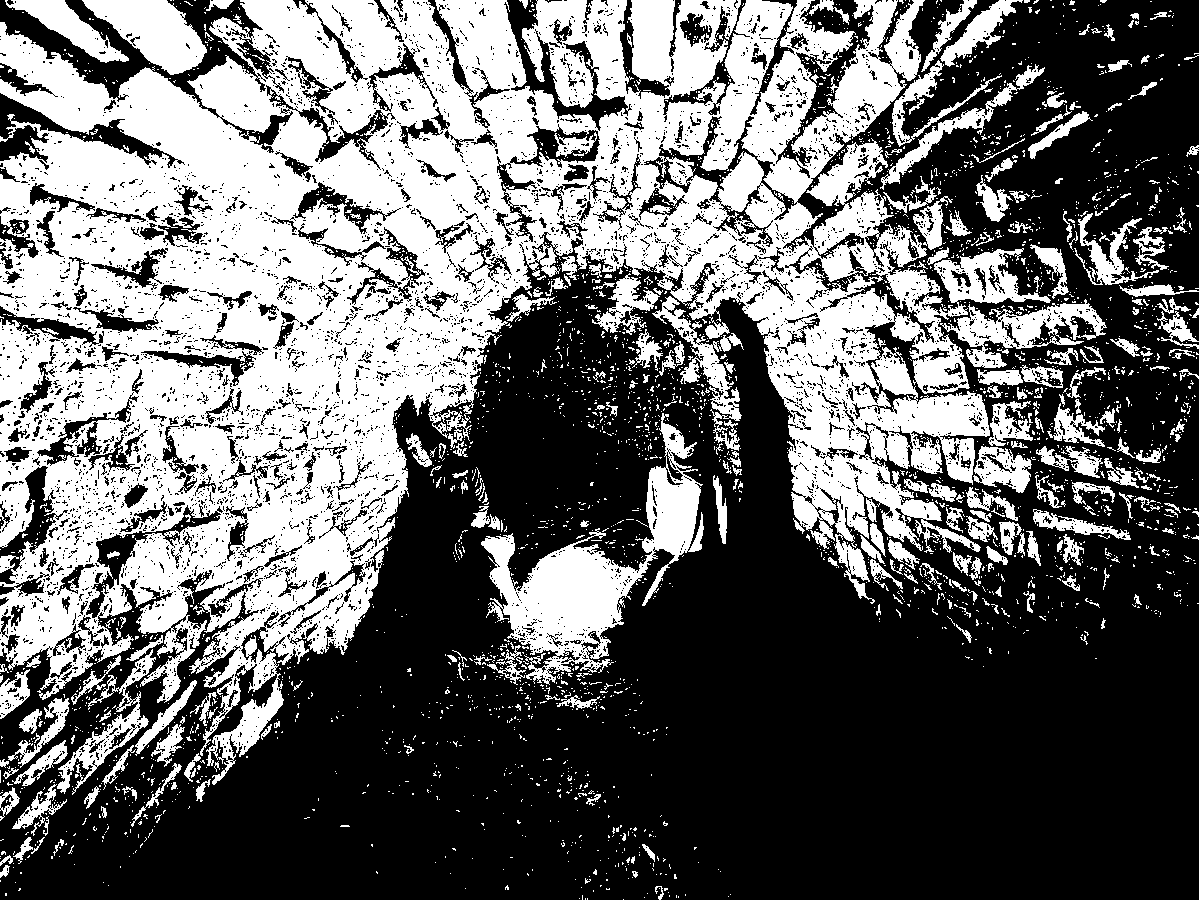Fueling the Fire: Prompting Conversations in the Dark
If you've ever GMed for an extended period, it's extremely likely you've at least once told your players to "feel free to roleplay for a bit" and been met with dead, oppressively awkward silence.
Dungeon-delving can blend into just about any playstyle or fantasy-themed TTRPG, but a dungeon's obvious primary purpose is to structure prompt interactions with the core gameplay loop. Classically, that means a mix of action scenes, puzzle scenes, and conversation scenes.
Stereotypically, in a dungeon, conversation scenes get the short end of the stick.
The stereotype has some truth to it. Dungeons are less adept at prompting "roleplay" in the way most people expect it. Mostly, though, it's just a self-fulfilling prophecy. People give up without even trying, or assume the only way to encourage dungeon roleplay is to put in a ton of friendly NPCs to the point that it barely feels like a proper dungeon at all.
In truth, if you're the kind of GM who likes to act as a prompter for play, you have incredible power to encourage conversation both directly and indirectly. Especially in dungeons. Dungeons are where your power over the players is most pronounced. Dungeons literally let you write out the scenes, often in order, and then assign the players to act them out.
That's unprecedented potential for mischief.
Now, encouraging conversation scenes can be a little more delicate. You sort of have three "kinds" of conversation you can try to prompt, and we'll mostly be focusing today on the third.
- GM-driven
- Tactical (or "practical"?)
- PC-driven
For the purposes of this post, I'm going to be assuming we all enjoy a sense of an ongoing developing storyline, with speculated character development and relationship arcs and "build plans". Some people don't. That's fine. I like Crucible of Aether as much as the next girl.
GM-driven conversations are extremely unsubtle. The PCs have to talk. Usually this means there's an NPC demanding they pay attention to them. Sometimes it can be weirder, though! Maybe a magical room demands the PCs share secrets with one another to advance.
Introducing GM-driven conversations is super easy, even in dungeons. Some enemies might start out neutral, or even friendly. Perhaps the PCs save a prisoner (or someone pretending to be a prisoner). Perhaps the PCs have to interrogate a succubus trapped in a summoning circle. Perhaps an enemy surrenders when beaten.
There's nothing wrong with being unsubtle. If you've embraced the role of storyteller and play-prompter, your players expect it.
Just don't expect the players to ever remember to ask that NPC their name, let alone think to offer their own. Bite the bullet and have the NPC ask until people start answering. And if the NPC is a fiend or fae... well, her asking the PCs to "give her their names" might spur some interesting conflicts just on its own.
Tactical conversation is bit more organic. PCs need to communicate, so practically speaking, they're going to talk all on their own just to convey information. Tactical conversation often mixes with puzzle and action scenes, and really, a lot of tactical conversation scenes are just puzzle scenes, chances for the PCs to plan their next move or try to learn more about their enemy.
These are very easy to prompt deliberately, of course. Mysteries and puzzles require dialogue, and you can plant those mysteries in ways that demand one PC ask another PC a question.
"Who takes first watch?"
"Who took my watch?
"Hey, Wizard, identify this item for me."
PC-driven is a special case. This is the main thing I want to chatter about today.
Intuitively, PC-driven roleplay should be the one the least in your control. This is when the PCs spontaneously start talking, often to one another, for no particular reason other than their own desires. Here, they're the masters of their own destiny.
"Is this my watch??"
In reality, in a game where the GM is trying to serve as storyteller and play-guide, this can be an extremely rewarding type of conversation to meddle with.
Conversation is like fire. It requires fuel. If you sit the PCs down at a fire and say, "go ahead and RP for a bit", most players will struggle, because that's not really a prompt.
But they won't struggle if their PCs already have something on their minds.
Seated around the fire, the Inventor suddenly whirls on the Rogue and blurts out, "Why did she care about you?" In the last scene, an NPC she cares about fixated intently on the Rogue, and this Inventor has a jealous streak. You knew about the jealous streak. You knew she had buttons to push, and you pushed them and pointed her at the best target: Another PC.
PC-driven conversation tends to be triggered by character developments. You drop hints about their fellow partymembers. You expose them to stimuli until it spurs a reaction. Sometimes this just means putting them in a bad mood so they're more likely to snap, which will cause someone else to snap back, and suddenly it's a fight.
So before you seat them around the fire, give someone something to stew over. Play with weak points, or prompt elements you know the players have been wanting to explore. Have the Sorceress and Champion players been enjoying the chemistry between the two? Give them a reason to go off alone. Have an NPC flirt with one of them.
When it comes to dungeons, you really want a solid mix of the three. Yes, you should try to incorporate friendly or neutral NPCs to chat with, puzzles that demand coordination, but you should also try to incorporate elements that you know will set off roleplay now or later.
So, whenever you design an encounter, be it a combat, a complex hazard, a mean little trap, or a haunt that forces you to dance with a partner to reach the other side of the chamber, ask yourself: Where is the fuel?
Obviously, a ton of fuel accumulates organically. The Necromancer is downed, but the Cleric saves her, and they both have Feelings about that. But you can also, say, deliberately design enemies that will counter that Necromancer and force her into a more dependent dynamic. They'll think the fuel appeared on its own. Nobody has to know you poured lighter fluid on it beforehand.
cattail kobold's blog
what's she on about this time
| Status | In development |
| Category | Physical game |
| Author | cattail-kobold |
| Tags | blog, Indie, LGBTQIA, Tabletop role-playing game |
More posts
- The Board of TragedyFeb 07, 2025
- hi and hello!Feb 02, 2025


Leave a comment
Log in with itch.io to leave a comment.